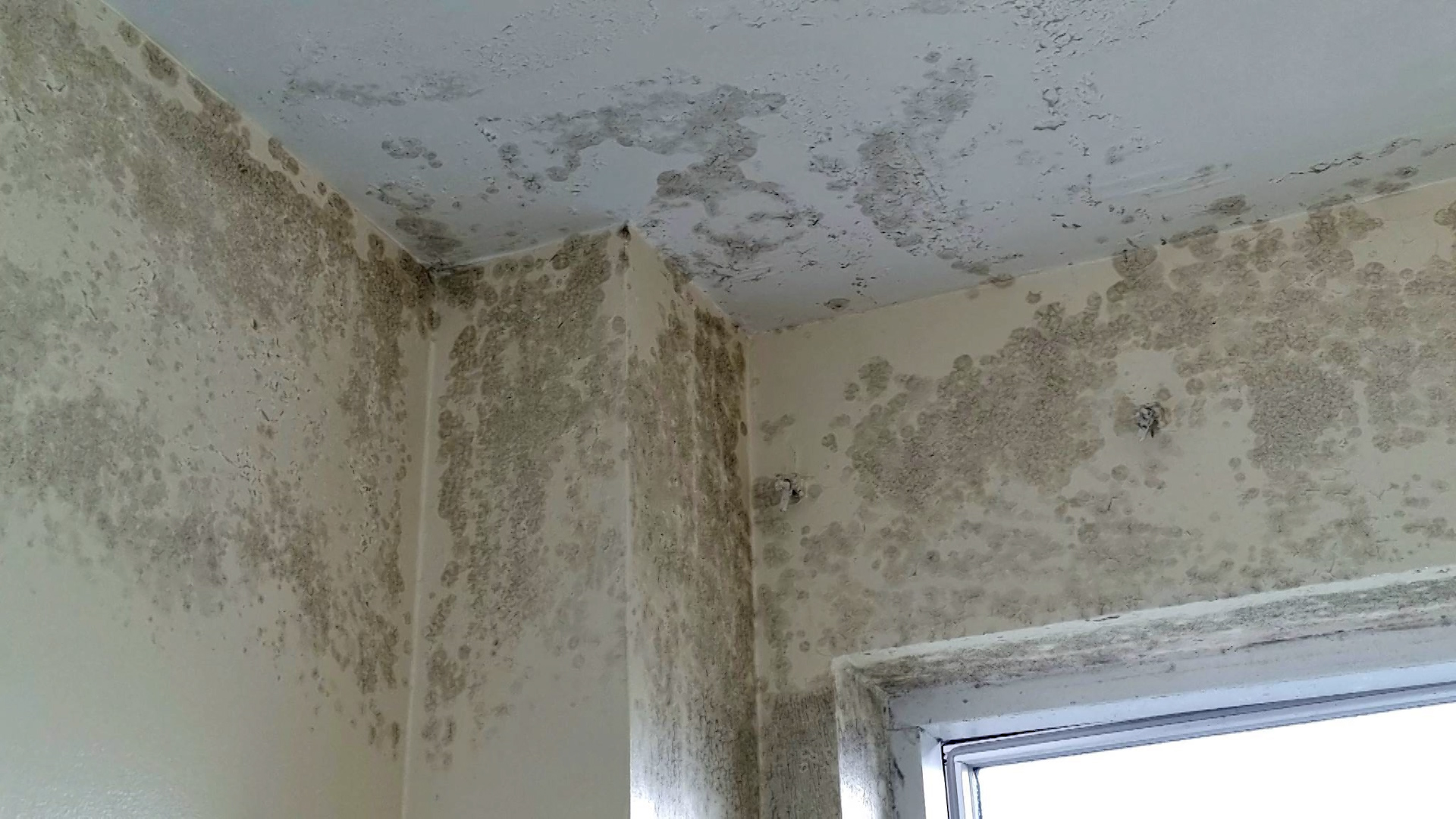
State of military housing was far worse than anticipated, contractor tells MPs

Poor investment in military housing and a lack of data from the Ministry of Defence contributed to last winter's callout crisis, MPs have been told.
The heads of three main firms contracted to maintain accommodation – Pinnacle Group, Amey and VIVO - were summoned by the Defence Select Committee to explain the failure to cope with seasonal demand.
Blame was accepted for backlogs and response times as reports of mould, faulty boilers and other problems stacked up last winter, although poor information on the task at hand was said to have been an issue before maintenance contracts were signed.
Claire Kober, the managing director of homes at Pinnacle Group, which handles calls for repairs that are then carried out by Amey and VIVO, said her desk had been told to expect 34,200 calls – but 52,000 came in.
Call times were longer and there were also more repeat calls than they had been led to expect.
Responsibility for military accommodation management has been shared by the three firms since 2022.
"It operated with a single provider for 15 years, so bringing three parties together was quite a complex arrangement," said Jerry Moloney, the managing director of VIVO handling repairs and maintenance for the South East and South West.
He referenced an IT failure between VIVO and Pinnacle during the early stages that led to callouts booked by Pinnacle not being seen by VIVO – so nobody would turn up to family accommodation.
The IT system had not been put under strenuous testing before rollout, and the backlog of jobs amounted to 17,000 – a month's worth – Mr Moloney said.
"What we found when we took the contract on, the condition of the estate was in a far worse condition than we ever anticipated," he added.
"Limited data in bid documents on 28,000 properties played a factor in dissatisfactory service, the Committee heard, and led to surprise at the age and condition of some heating systems.
In response to MPs asking whether, without the data to hand on property condition, firms were using guesswork to match resources to the task, Mr Moloney said: "We are only responsible for repairs, we are not responsible for the investment to upgrade properties.
"What we didn't understand at the time, was some of those repairs – we were trying try repair systems that should've been replaced years ago."
The Committee heard that the IT process is now stable and that condition surveys of sites are now part of VIVO's contract to help grasp the state of homes.
Financial penalties to firms followed the winter of 2022, and an extra £400m was recently committed by the Government to address issues like heating, damp and mould.









